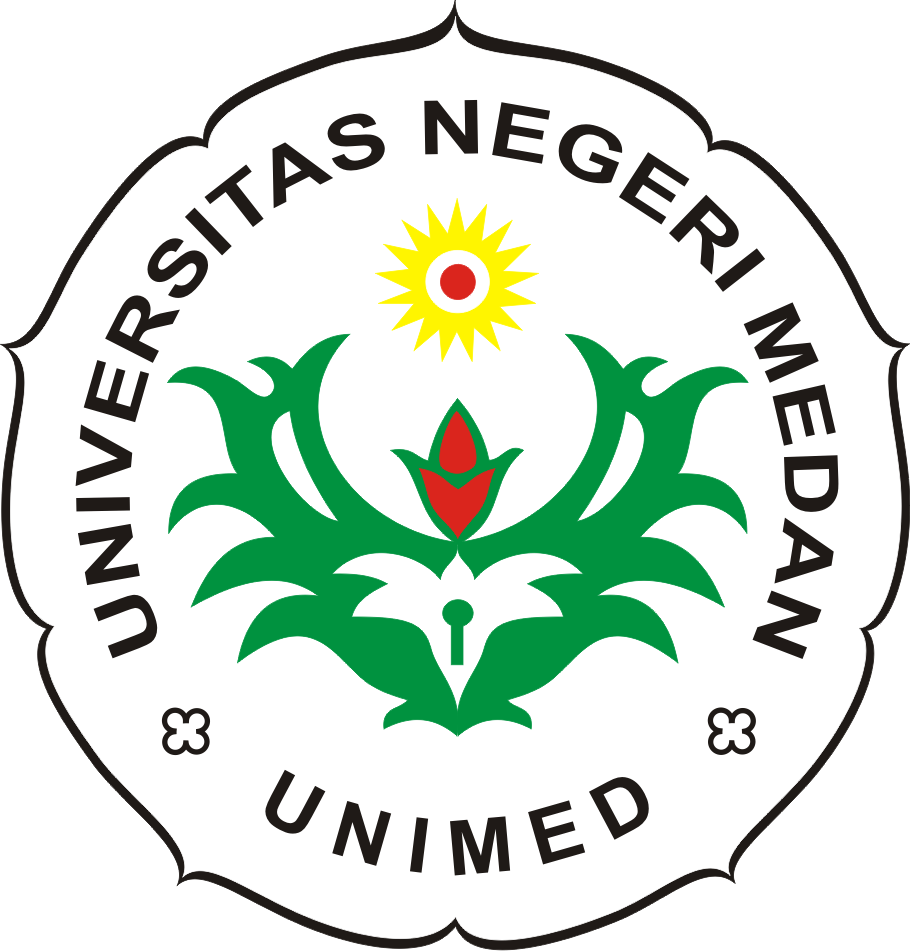IMPROVING VOCATIONAL STUDENTS™ SPEAKING SKILL THROUGH ROLE PLAY TECHNIQUE
DOI:
https://doi.org/10.24114/reg.v3i2.1126Abstract
This study was attempted to improve vocational students™ speaking skill throughRole Play Technique. This study was conducted by using classroom actionresearch. The subject of the research was class XI EK 2 SMK Negeri 1 Merdeka,Berastagi, consists of 21 students. This research was conducted in two cycles. Theinstruments of collecting data were diary notes, observation sheet, questionnairesheet, interview sheet and tests. Based on the speaking test score, it was found thatthe students™ score kept improving from the first test to the third test. In theorientation test, the mean score was 37.66, in the first cycle test, the mean scorewas 48.33, and in the second cycle test, the mean score was 57.33. There wasimprovement of students™ achievement from 57.33-37.66 about 19.67 points.Based on the data from diary notes, observation sheet, questionnaire sheet andinterview, it was found that the students agreed that Role Play technique helped toencourage them to speak, to express the language through appropriateexpressions, to think that speaking is not difficult. Thus, it was found thatteaching-learning process ran well. Students were active and interested inspeaking in the classroom. The result of the research shows that Role PlayTechnique can improve vocational students™ speaking skill.Downloads
Published
Issue
Section
License
Authors who publish with this journal agree with the following terms:
- Authors retain copyright and grant the journal right of first publication with the work simultaneously licensed under a Creative Commons Attribution License that allows others to share the work with an acknowledgment of the work's authorship and initial publication in this journal.
- Authors are able to enter into separate, additional contractual arrangements for the non-exclusive distribution of the journal's published version of the work (e.g., post it to an institutional repository or publish it in a book), with an acknowledgement of its initial publication in this journal.
- Authors are permitted and encouraged to post their work online (e.g., in institutional repositories or on their website) prior to and during the submission process, as it can lead to productive exchanges, as well as earlier and greater citation of published work (See The Effect of Open Access).
- This work is licensed under a Creative Commons Attribution-ShareAlike 4.0 International License.






